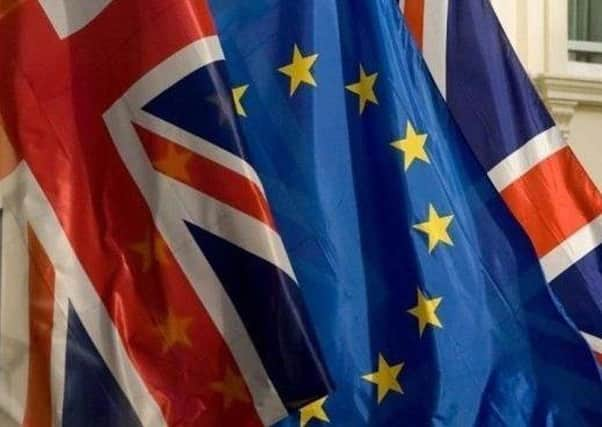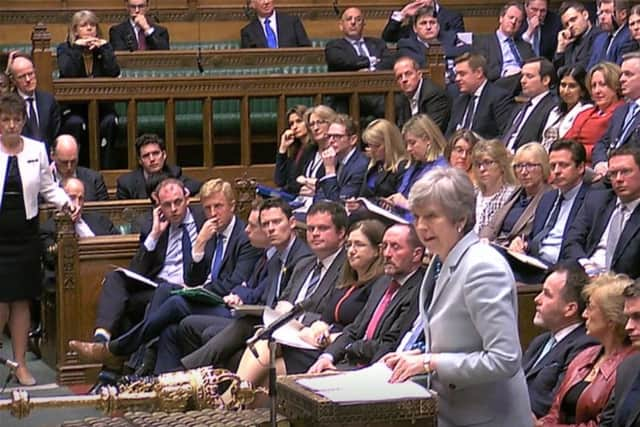Beckie Hart: An unlikely alliance to avoid ‘no deal’


We are now into Week 144 since the Referendum in June 2016 and still our politicians have failed to secure the orderly departure from the European Union that businesses across Yorkshire are so desperate for.
Indeed, last week the inevitable step came to pass and the Prime Minister headed to Brussels to ask for a delay and admit this Friday’s long-awaited deadline was no more.
Advertisement
Hide AdAdvertisement
Hide AdThe earliest date the UK can now leave the EU with a deal is May 22, while sadly the nightmarish prospect of a ‘no deal’ remains a possibility. If the next meaningful vote is not passed by the House of Commons, then April 12 becomes the next ‘cliff edge’.


It was against this backdrop that last week the CBI took the unprecedented step of joining forces with the Trades Union Congress (TUC) to write to Theresa May calling for an urgent change to her Brexit approach, which so far has simply not worked.
Between us, the CBI and TUC represent millions of workers and tens of thousands of businesses and it was on their behalf that we wrote to request an urgent meeting with the Prime Minister to discuss our concerns about the unfolding Brexit process.
It is clear our country is now facing a national emergency. The political decisions of recent days have caused the risk of ‘no deal’ to soar. Firms and communities across our region – and the whole of the UK – are not ready for this outcome. It is no exaggeration to say that the shock to our economy would be felt by generations to come.
Advertisement
Hide AdAdvertisement
Hide AdAlong with the TUC, we called on the Prime Minister to take steps to protect the jobs, rights and livelihoods of ordinary working people across the whole of the UK.
First, avoiding ‘no deal’ remains absolutely paramount. Businesses and employees alike need to see their Government clearly acknowledge the reckless damage no deal would cause and recommit itself to avoiding this outcome.
Second, the essential extension secured last week must genuinely result in politicians finding a way forward so that a deal can be agreed.
Third, ‘the current deal or no deal’ must not be the only choice. A Plan B must be found – one that protects workers, the economy and an open Irish border, commands a parliamentary majority, and is negotiable with the EU. A new approach is needed to secure this – whether through indicative votes or another mechanism for compromise.
Advertisement
Hide AdAdvertisement
Hide AdAs we said in our letter, we cannot overstate the gravity of this crisis for firms and working people. The consequences of a ‘no deal’ exit would be bad enough for large companies but the bigger worry is the 80 per cent of companies – including thousands across Yorkshire and the Humber that are smaller and simply don’t have the resources to plan up front. The shock they will face is severe.
Once again, it is up to politicians to make sure the nightmare of ‘no deal’ does not become reality.